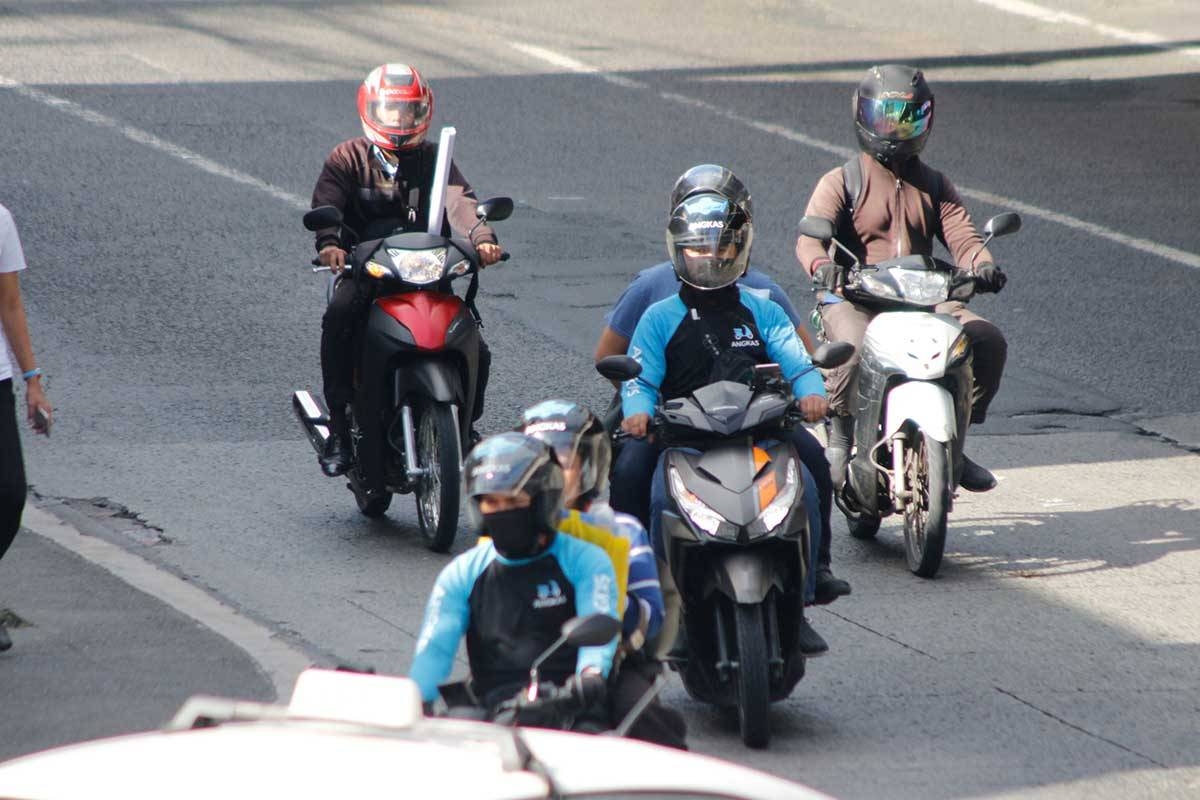The Impact of Motorcycle Taxis on Public Transportation in the Philippines
The Land Transportation Franchising and Regulatory Board (LTFRB) has recently addressed concerns regarding the introduction of motorcycle taxis in the public transportation sector. LTFRB Chief Teofilo Guadiz 3rd has reassured stakeholders that motorcycle taxis will not directly compete with existing services such as jeepneys and tricycles, and therefore will not harm their livelihoods.
According to Guadiz, the client base of motorcycle taxis is different from that of traditional public transportation services. Motorcycle taxis cater to individuals who are in a hurry, needing to travel quickly from their homes to their offices. On the other hand, jeepneys serve a different clientele, transporting passengers between terminals or specific routes.
This statement from the LTFRB comes at a time when Congress is finalizing the long-awaited motorcycle-for-hire law. Currently, only Angkas, Move It, and JoyRide are allowed to participate in the government’s motorcycle taxi pilot study. The House Transportation Committee, led by Antipolo 2nd District Representative Romeo Acop, is taking various considerations into account while finalizing the law, including the impact of motorcycle taxis on other modes of transportation.
Representative Acop acknowledges that Filipino commuters have valid reasons for choosing motorcycle taxis as their mode of transportation. These reasons include affordability, convenience, and the lack of efficient public transportation options. Many Filipino commuters opt for motorcycle taxis not only because they are cheaper and more accessible but also because they want to avoid the stressful and time-consuming traffic in urban areas.
It is important to understand the context of the transportation landscape in the Philippines. The country faces challenges in providing efficient and reliable public transportation systems, especially in densely populated urban areas. The limited availability and unreliability of traditional public transportation options have led to the emergence of motorcycle taxis as an alternative mode of transportation.
Motorcycle taxis offer a unique solution to the transportation needs of Filipinos. They are able to navigate through congested traffic more efficiently, allowing passengers to reach their destinations faster. Additionally, motorcycle taxis are often more affordable compared to other modes of transportation, making them an attractive option for commuters on a tight budget.
However, it is crucial to strike a balance between the benefits of motorcycle taxis and the potential impact on existing modes of transportation. The introduction of motorcycle taxis should not undermine the livelihoods of jeepney and tricycle drivers. The LTFRB and Congress must work together to ensure that regulations are in place to protect the interests of all stakeholders in the public transportation sector.
In conclusion, the introduction of motorcycle taxis in the Philippines has sparked discussions about their impact on existing modes of transportation. The LTFRB and Congress are taking steps to address these concerns and ensure that the interests of all stakeholders are protected. While motorcycle taxis offer affordability and convenience to commuters, it is important to find a balance that does not harm the livelihoods of traditional public transportation drivers. By considering the unique needs and challenges of the transportation landscape in the Philippines, a comprehensive and sustainable solution can be achieved.







